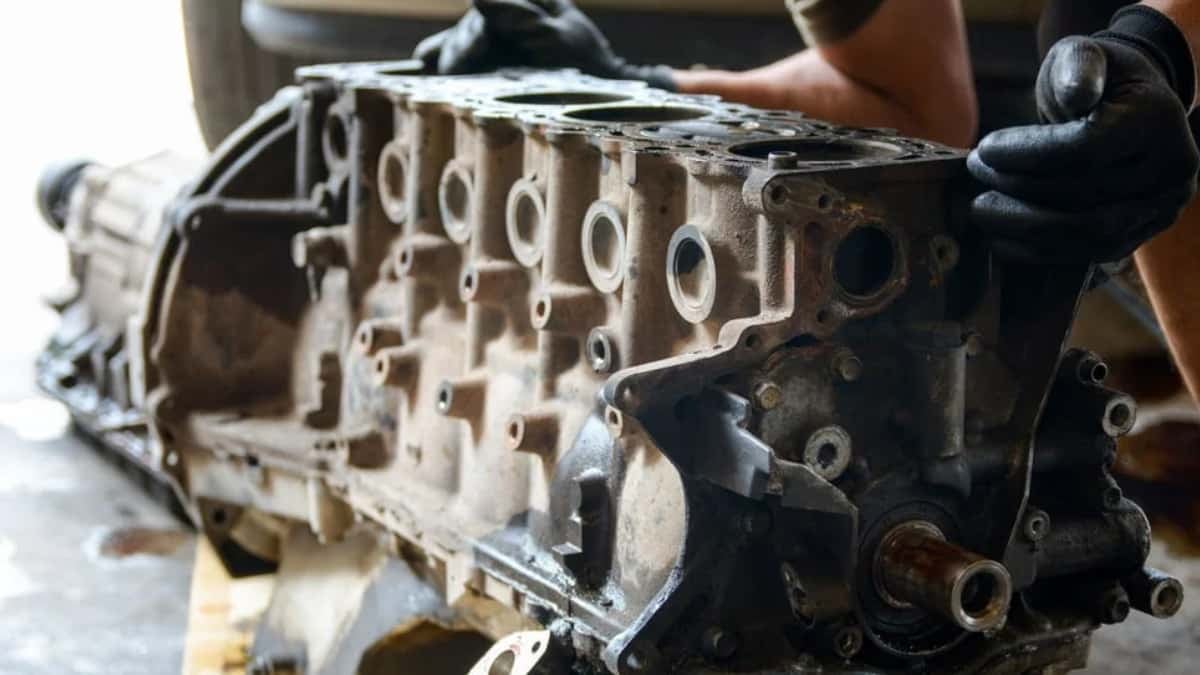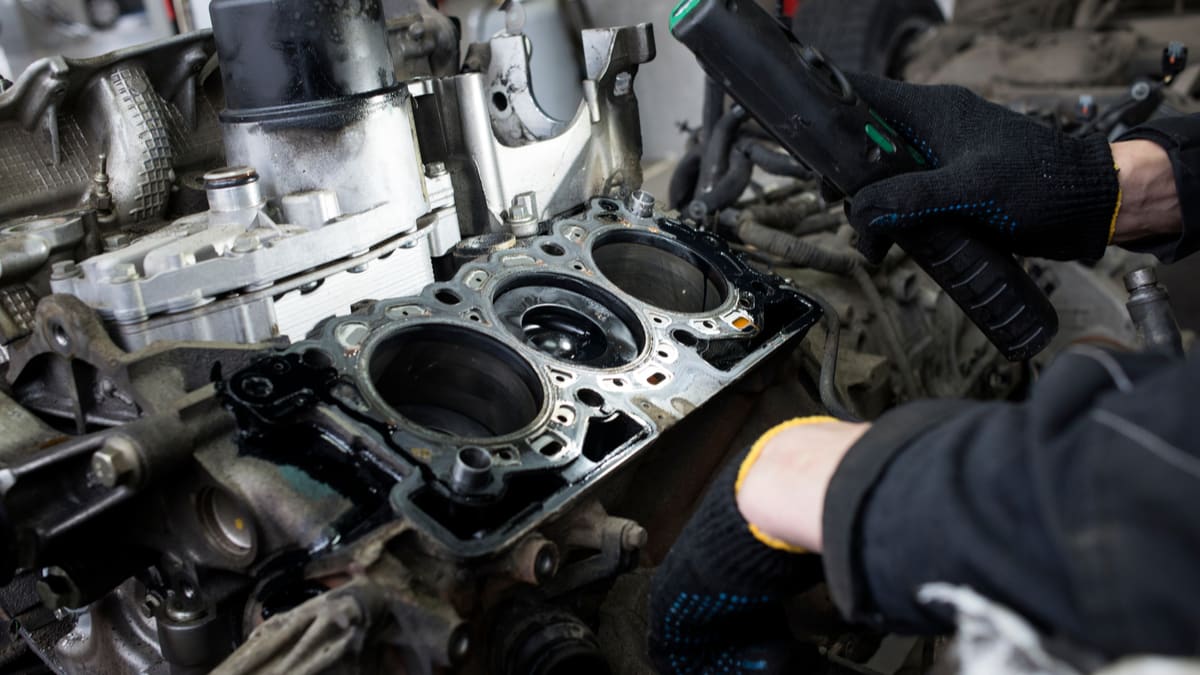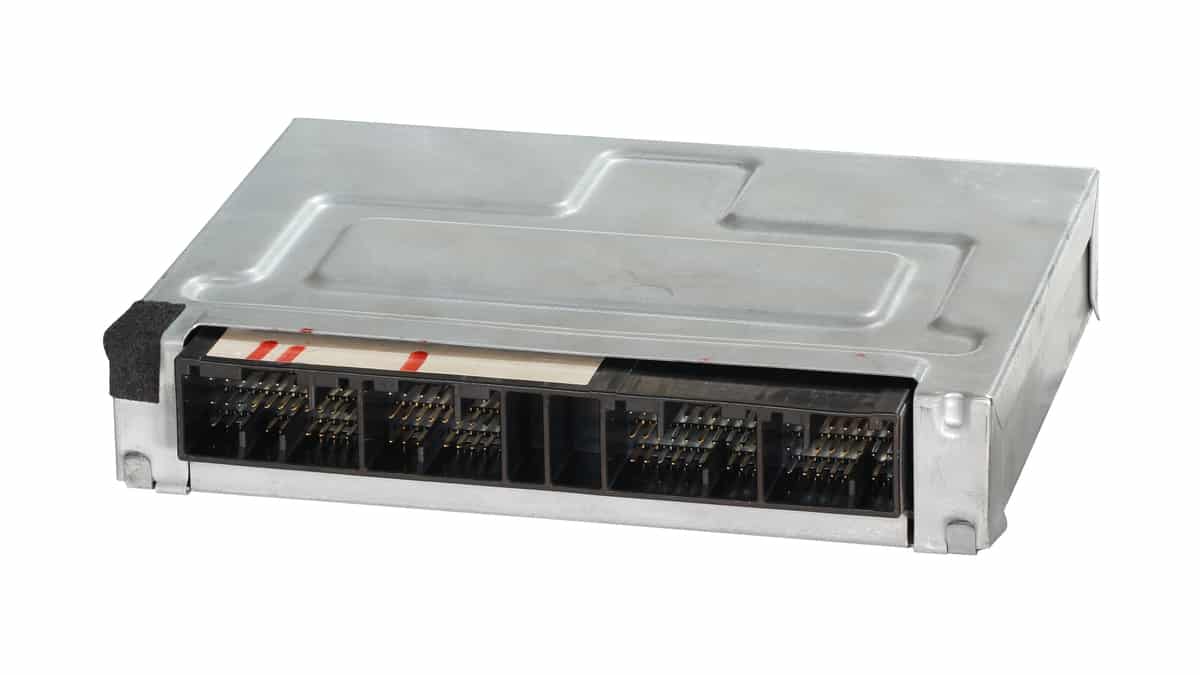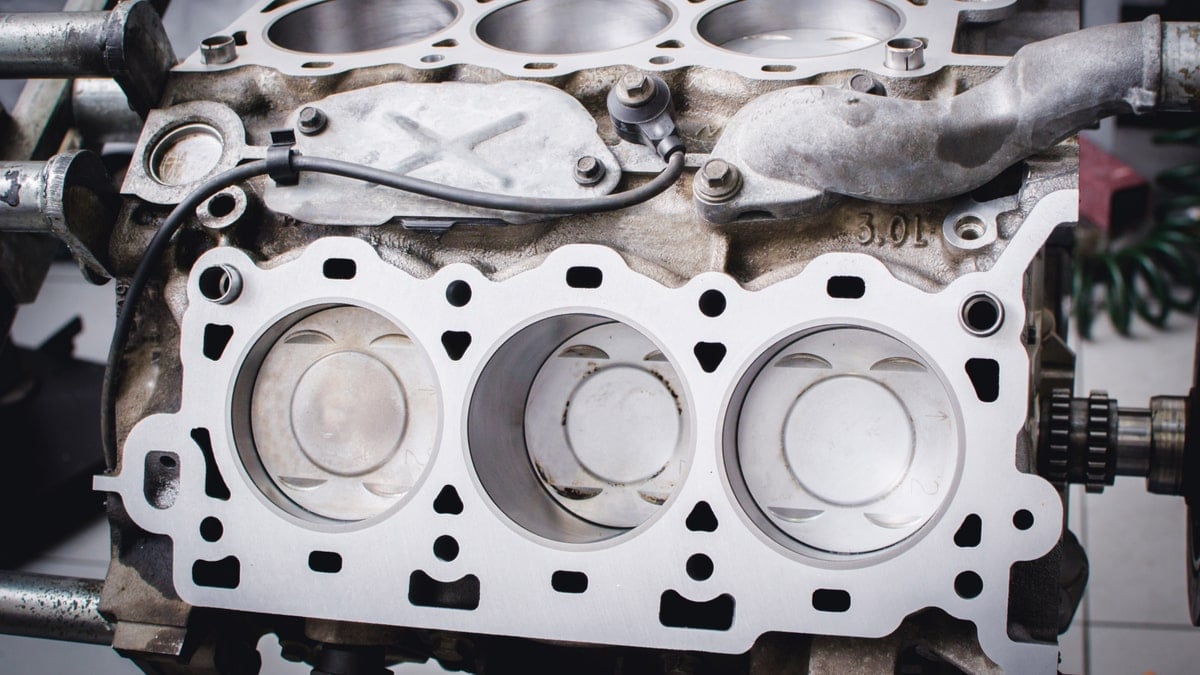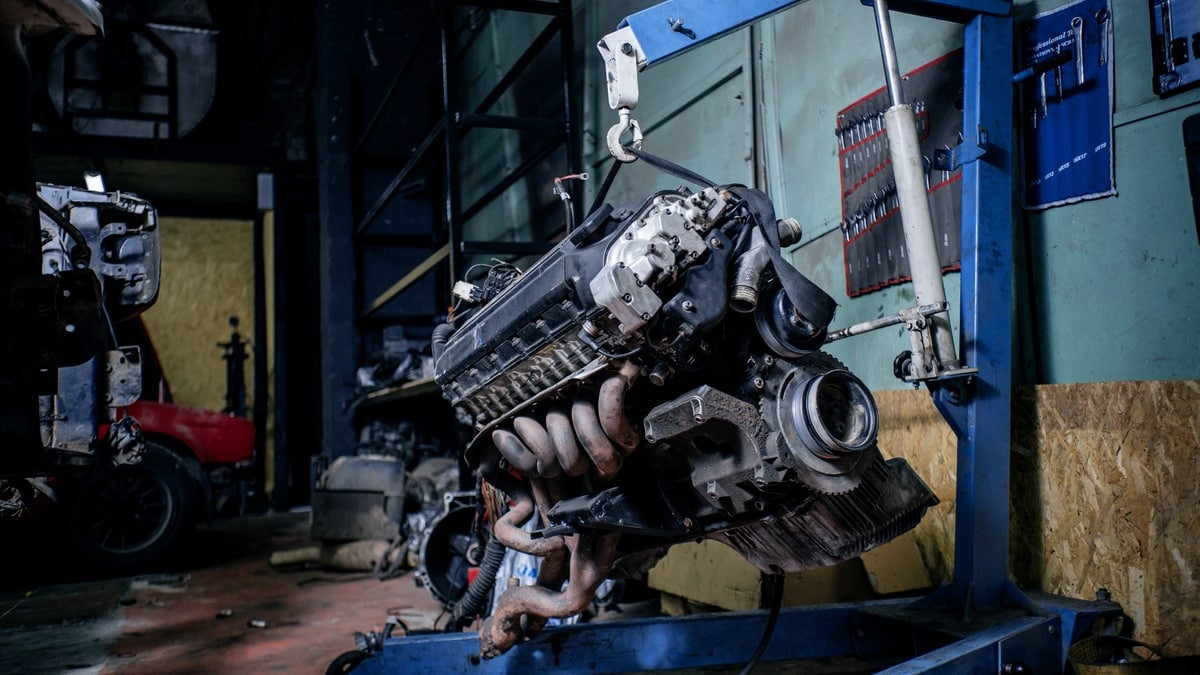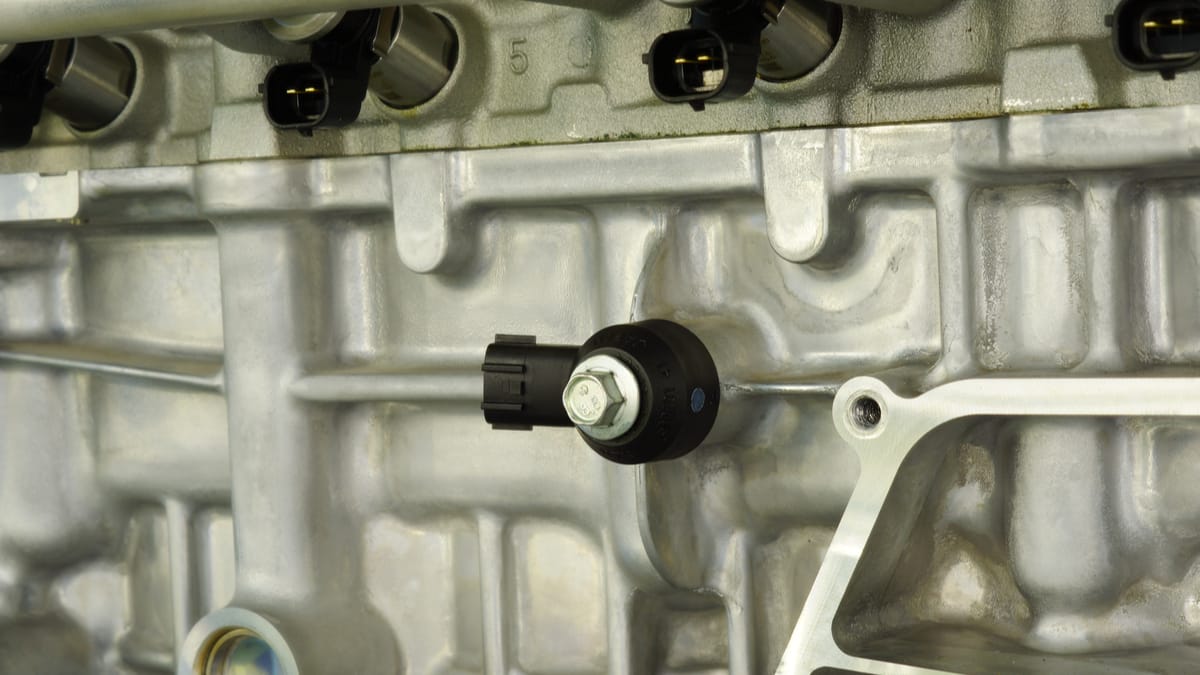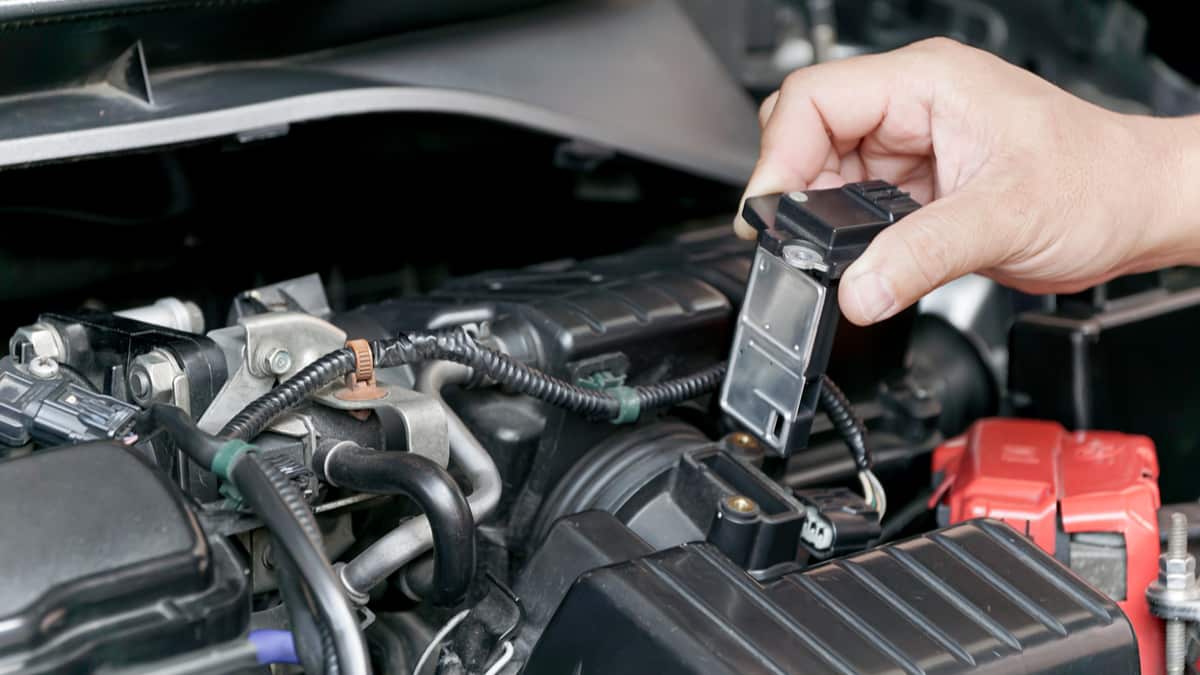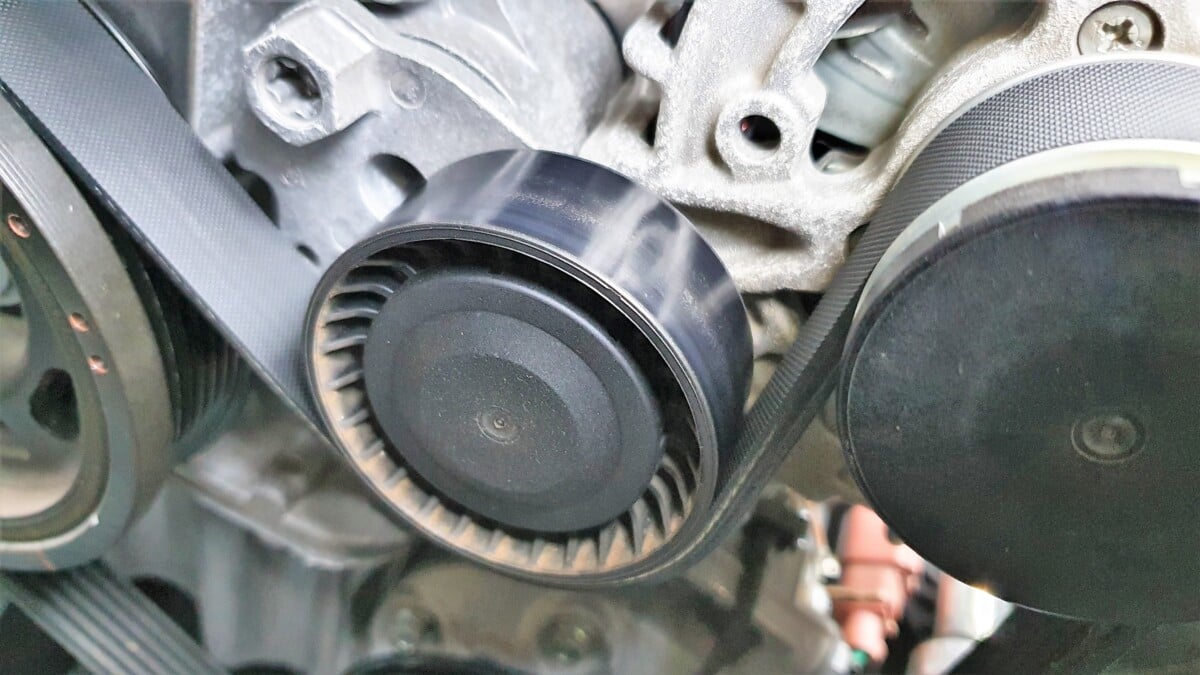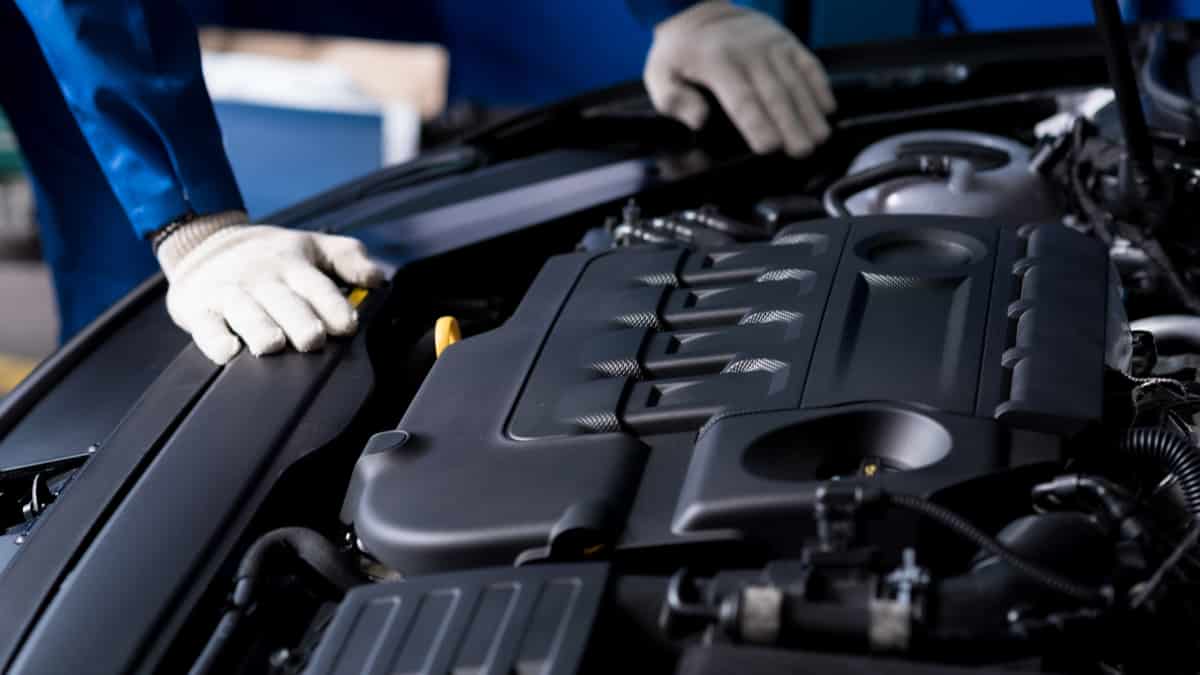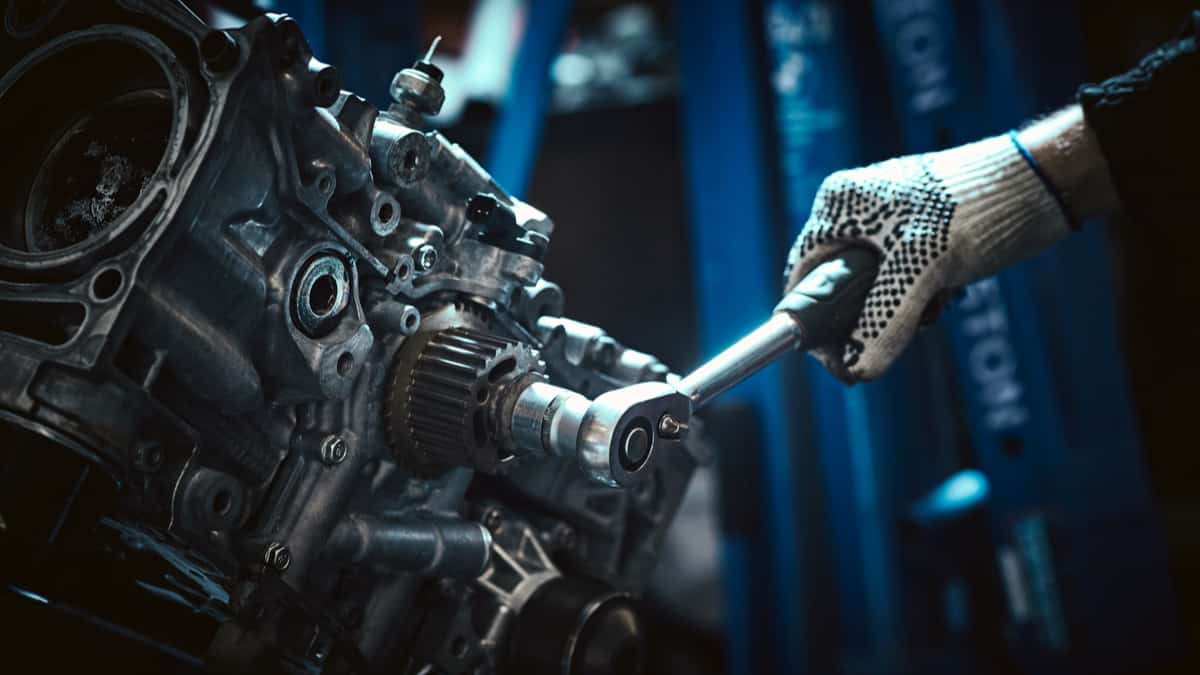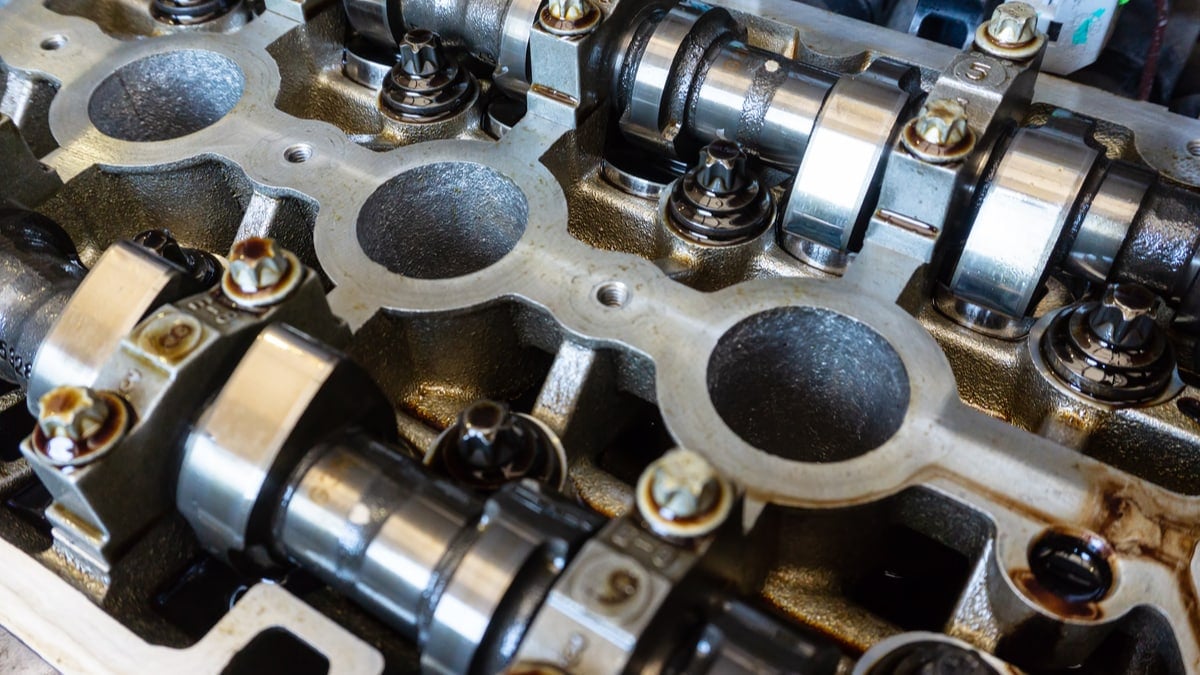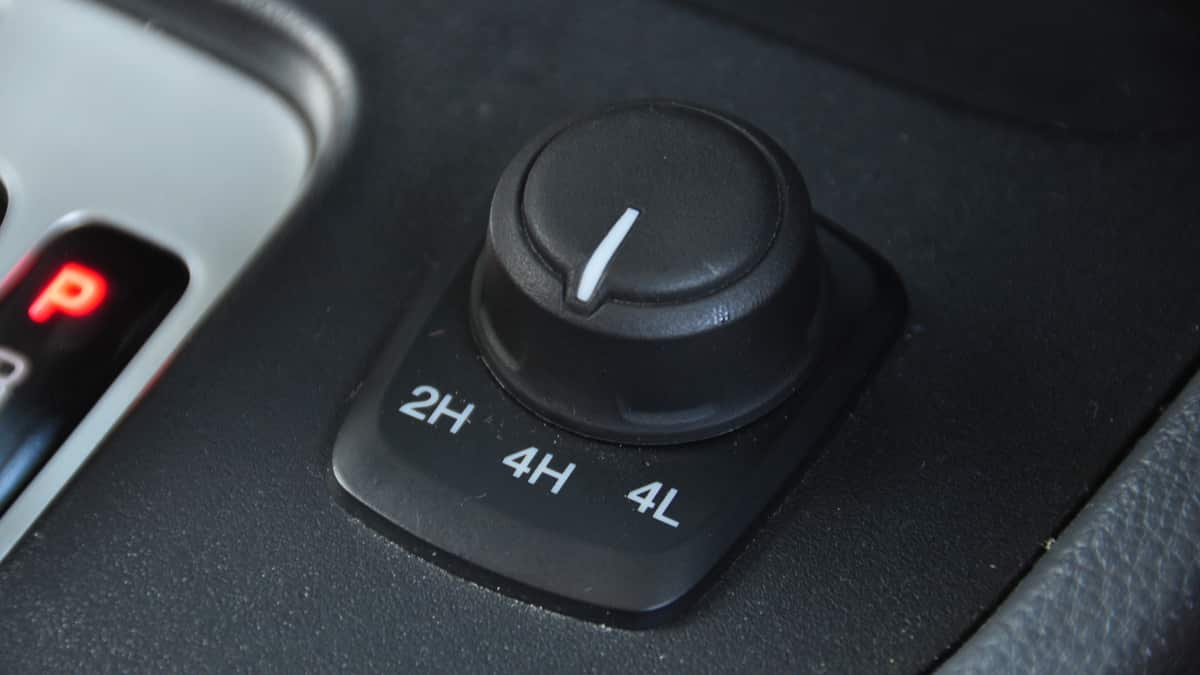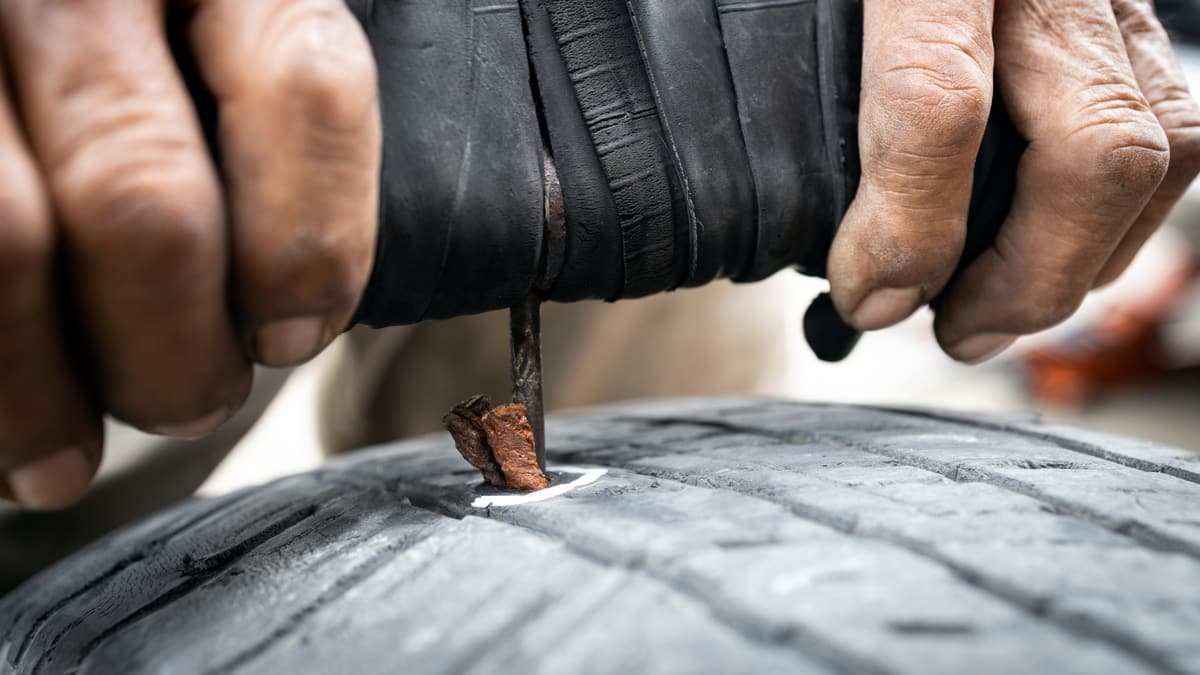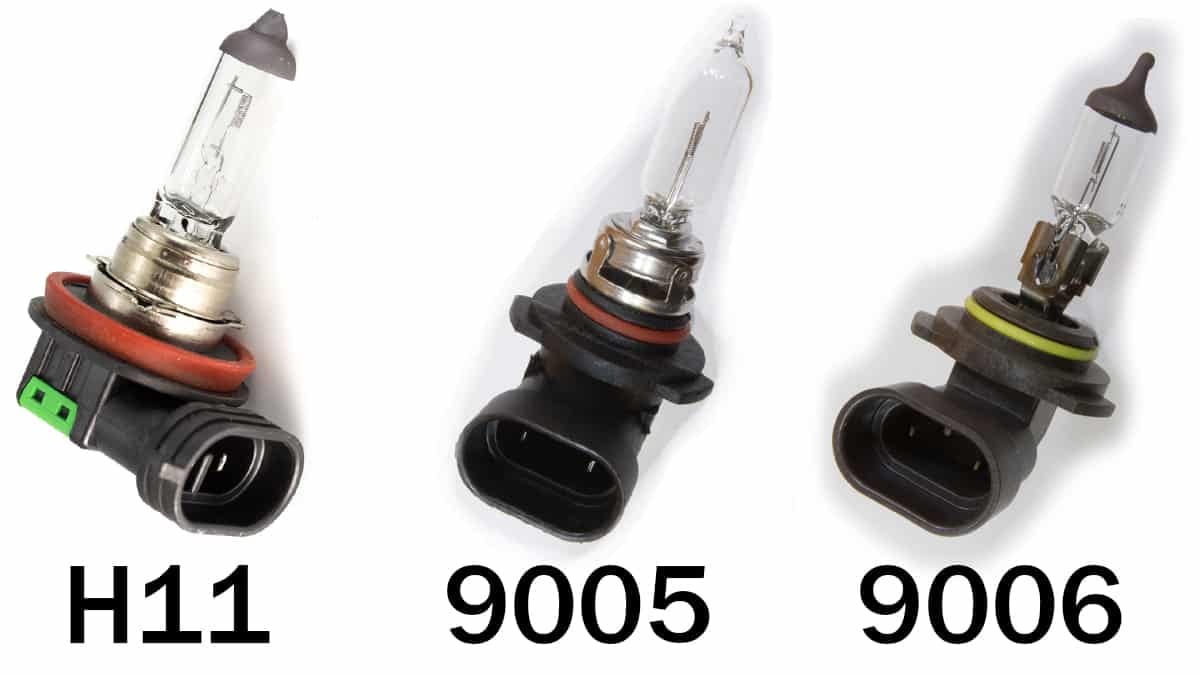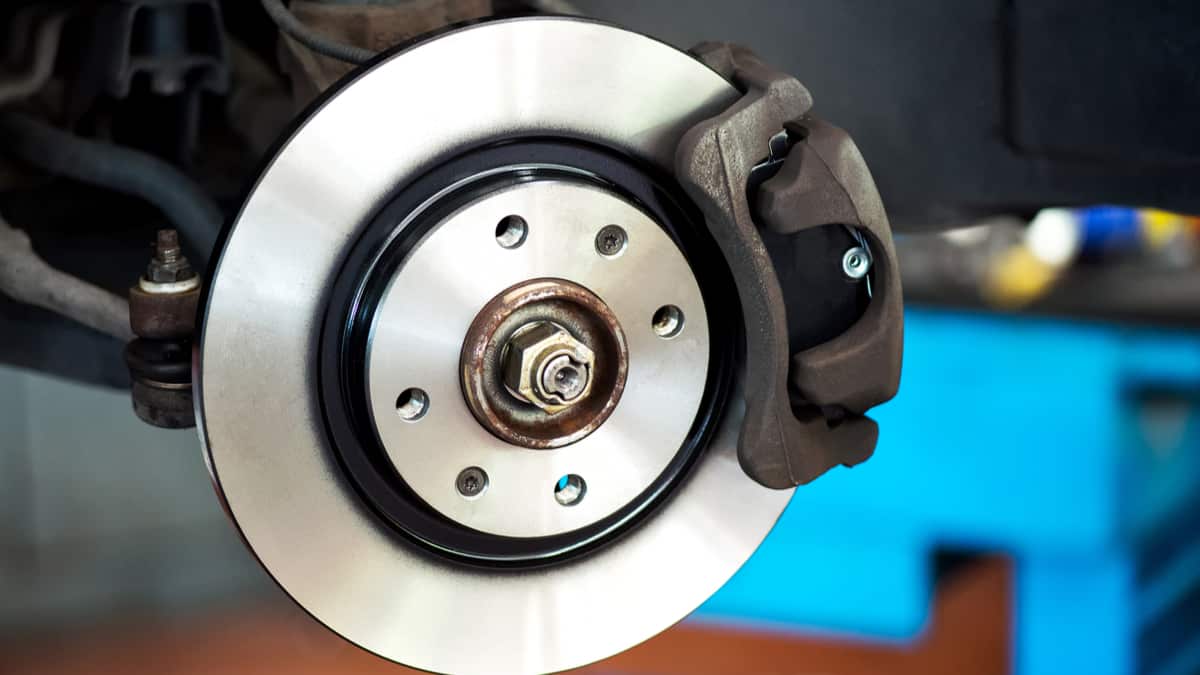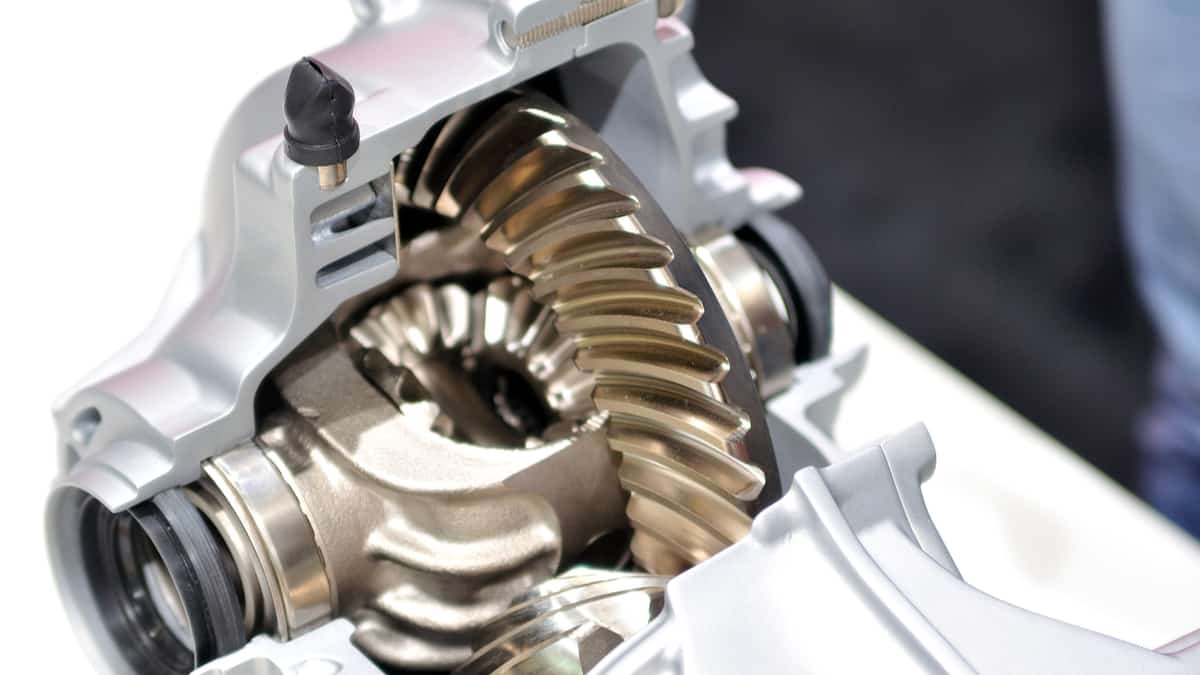Whether you are working on the latest car restoration or your daily driver needs a new motor, you will want to understand the differences between the short block vs. long block engine.
I not only look at what’s different between the two engines, but I also discuss the pros and cons to help you find the perfect replacement motor. Let’s begin with a quick look at the difference!
What Are The Differences Between A Long block and a Short block?
The biggest difference between a short block and a long block engine is the number of parts included in the purchase. A long block contains a cylinder head with most of the internal parts, while a short block is only the lower part of the motor.
However, it’s actually not just the number of parts included in the purchase that’s the difference. Let’s take a closer look at the differences.
Key Differences Between Long And Short Blocks
To dive deeper into the long and short block differences, we will break down the most important points.
1. Parts Included
The key difference between the short block vs. long block is the number of parts included when purchasing the engine.
The short block engine includes the block itself, along with pistons, rods, and crank. All of these are fully assembled, and there might be some other components installed, such as the timing chain, covers, and camshaft.
The long block engine is the same as a short block, but the valvetrain and heads are usually installed. With a deluxe long block, you will also get the carburetor or throttle body, oil pan, intake manifold and coil packs or a distributor.
These aren’t to be confused with a bare block engine, which is just the aluminum or cast iron block that requires machine work before you turn it into your car engine. Additionally, the rotating assemblies come with the pistons, rods, and crank that are balanced with the required bearings.
2. Cost
In general, a short block engine is going to be cheaper upfront. Typically, you can expect to spend between $1,200 and $5,000 for most short block engines. Of course, this price depends on what year, make, and model your vehicle is.
The savings of a short block engine is quickly erased once you start adding the needed parts. These will come standard on the long block engine, giving you a complete package. In the end, you might spend less overall for a long block engine.
3. Installation Time
The long block engine has everything you need already fitted and ready to work. If you have to add a few parts, it won’t be many. Because of this design, it’s much easier to install a long block engine.
However, the short block engine allows for more customization. You will need to fit all of the additional parts you buy, which does turn into a longer installation time. If you don’t perform the installation yourself, you are also looking at higher bills from your local engine shop.
4. Warranty
The warranty on the long block will usually be longer than the short block engine. It’s also more extensive, covering a variety of parts that are included with your bundled purchase.
When you add parts to your short block engine, these components aren’t going to be covered by the block warranty. If there’s a faulty fitting, you will be covering the damage yourself. If you plan to have a mechanic perform the work for you, make sure they offer some type of guarantee.
What is a Short Block Engine?
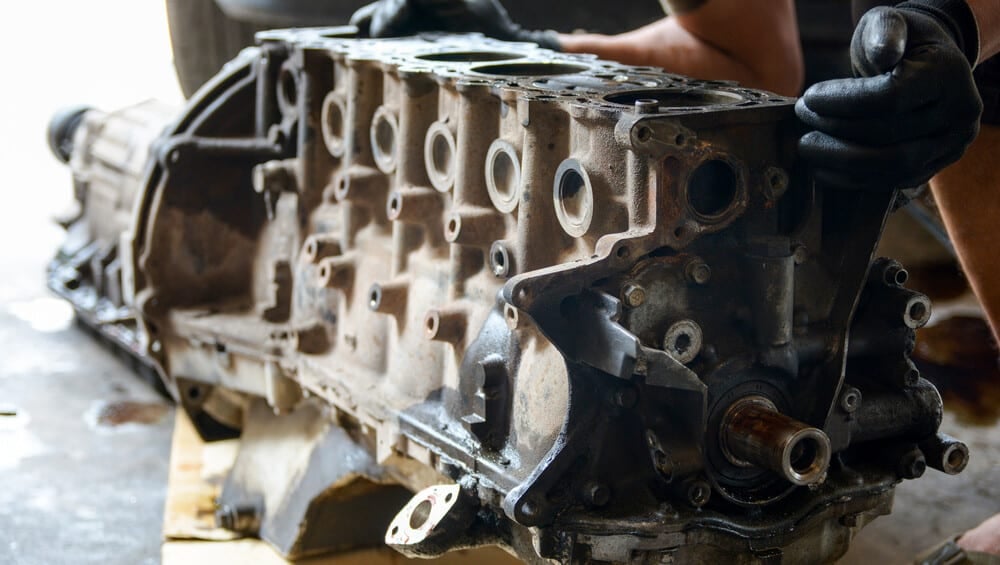
The short block engine is considered the smaller package when it comes to automotive motors. It will include the cylinder block and some vital parts such as the connecting rods, cam, pistons, and crankshaft. However, there could be some variation to what’s included based on the manufacturer.
With every short block engine, there will be additional components needed, such as the oil pump, cylinder heads, and gaskets. You will have to purchase these separately.
Pros and Cons of a Short Block
If you want to purchase a short block engine, consider these advantages and disadvantages first.
Pros
- Upfront lower costs
- Allows for more customization
- Provides a superior learning experience
Cons
- Requires more assembly
- Increased installation time
- Other parts are needed, which increases the price
- Parts need to be tuned
- More complicated
- Block is only the part with a warranty
What is a Long Block Engine?
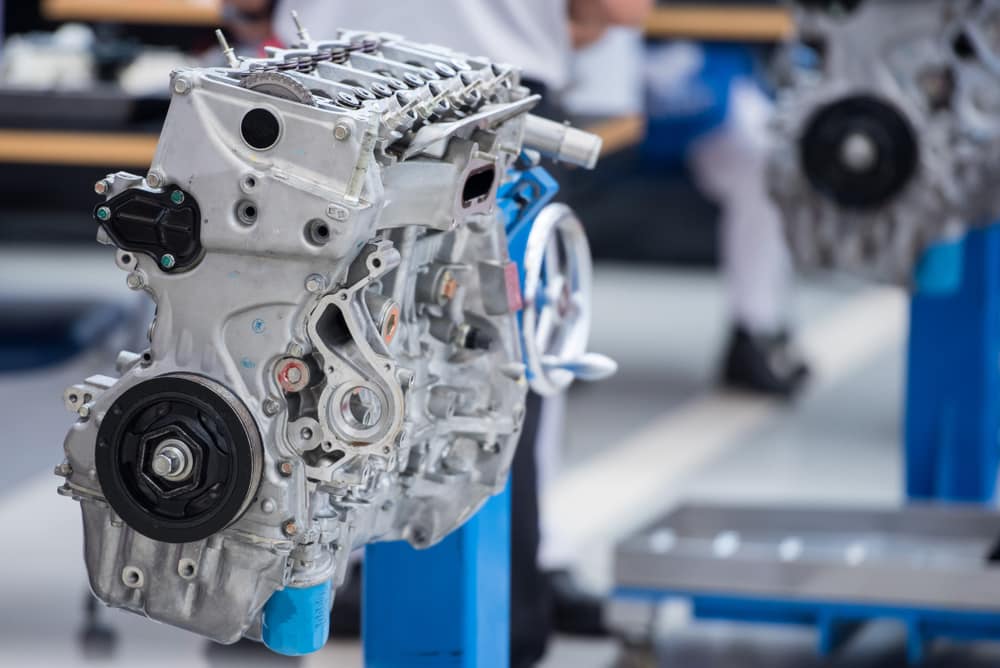
The long block engine is a more complete variation of the short block. It’s going to include the same components as the short block, but it also adds the camshaft, cylinder head, valvetrain, valve covers, and oil pan.
Still, it isn’t a complete package. The long block engine will still need a few components added, such as the intake and exhaust manifolds, fuel system and several electrical parts. If you are replacing every part of the engine assembly, you might prefer a turn-key engine instead.
Pros and Cons of a Long Block
It’s important to understand the advantages and disadvantages of the long block engine as well.
Pros
- Parts that are included have been tuned
- Entire package includes a warranty
- Considered plug-and-play with the addition of a few more parts
Cons
- Upfront costs are higher
- Doesn’t allow for a lot of customization
- Doesn’t include everything a turn-key engine does
Choosing Short Block vs. Long Block Engines
Which one should you buy – a short block or long block engine? If you are looking for reliable performance and a quicker installation, you might prefer the long block. Many of the parts come preinstalled, ensuring less can go wrong. You might also spend less with this option, especially if you are having it installed by a mechanic.
However, not all long blocks work well with particular makes and models. If you want to replicate the performance of your vehicle from the factory, you need to make sure you purchase a comparable long block that works with the ECU and transmission of your car.
On the flip side, the short block engine allows for more customization, permitting you to fit a variety of external components based on your needs. If you want to upgrade some engine parts, the short block allows you to do that. For example, if you wanted to add a performance cylinder head, you could do that easily with a short block engine, whereas the long block comes with a preinstalled cylinder head. With a few upgrades, you could experience more power than with the stock engine.
I recommend opting for a short block engine if you are hoping to tune the motor for more performance. However, most consumers will find that the long block engine has everything needed for a quick replacement and is often more cost-effective.
Categories: Engine
